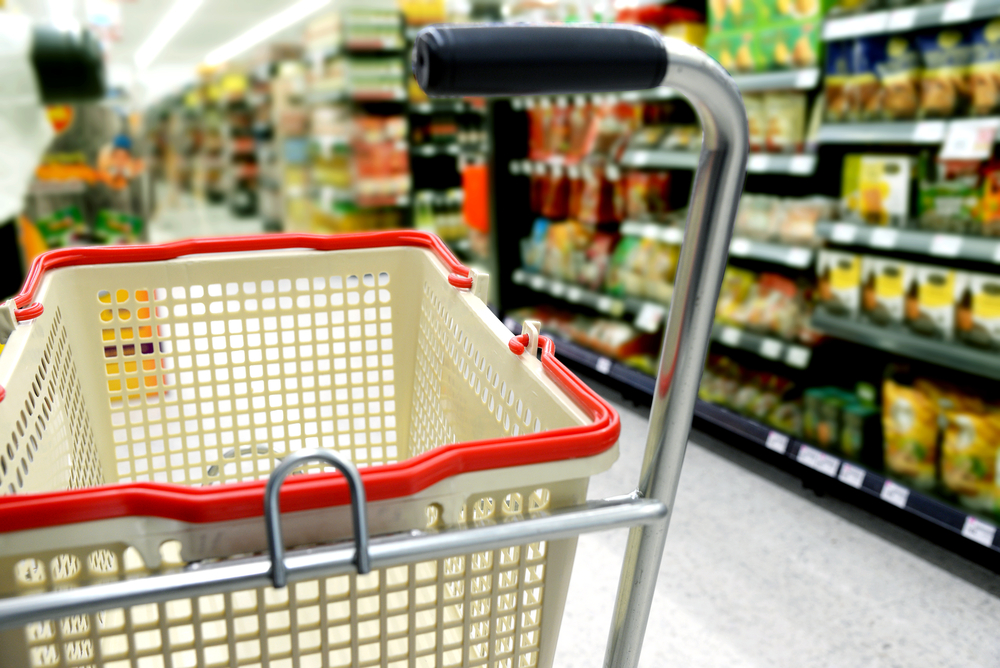Household Bills
UK inflation rises for third month in a row

British households saw a slight uptick in average consumer prices in January as inflation increased for the third consecutive month to reach a 12-month high.
Official figures from the Office for National Statistics (ONS) said UK consumer price inflation rose by 0.3% in the year to January, compared with a 0.2% rise in the year to December 2015.
A rise in the cost of motor fuels, and to a lesser degree the price of food, alcohol and clothing were the main contributors to the rise.
Despite the incremental rises seen over the past few months, inflation is still way off the Bank of England’s official target of 2%.
Maike Currie, investment director at Fidelity International, expects UK inflation to remain weak, which is good news for consumers but bad news for investors.
“Deflationary forces are likely to continue to sweep the globe and batter equity markets, as a slowdown in the emerging world and the global manufacturing sector puts a dampener on demand,” she said.
“Meanwhile larger structural changes in the form of an ageing population and the automation of the workforce, are two further factors likely to keep a lid on prices.
“Of course, no-one is going to complain about falling prices – it boosts the value of the pound in our pocket. But while we’re gaining as consumers, we’re losing out as investors. There are also some indications that employers are using low inflation to limit wage increases.”
Persistently weak inflation means the Bank of England will have little incentive to raise interest rates.
“This means those who have been prudent with their money – i.e. investors and savers, need to find alternative ways to secure better returns. With rates likely to stay lower for longer, investors will continue to view equity income as a safe haven and a rare source of yield,” Currie said.